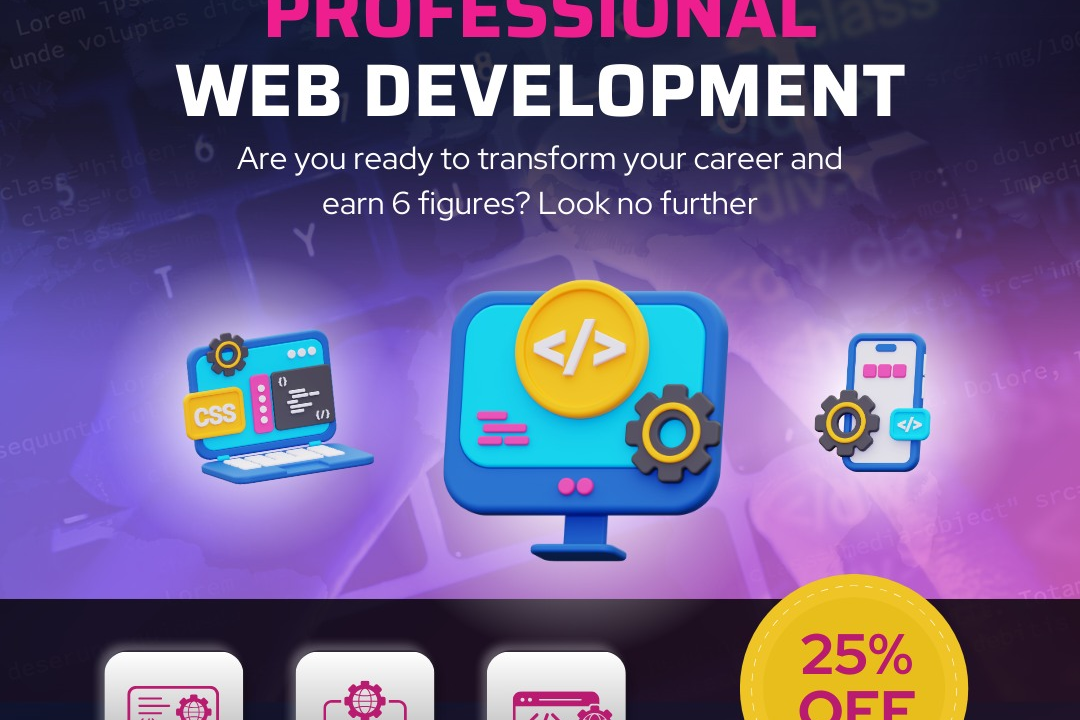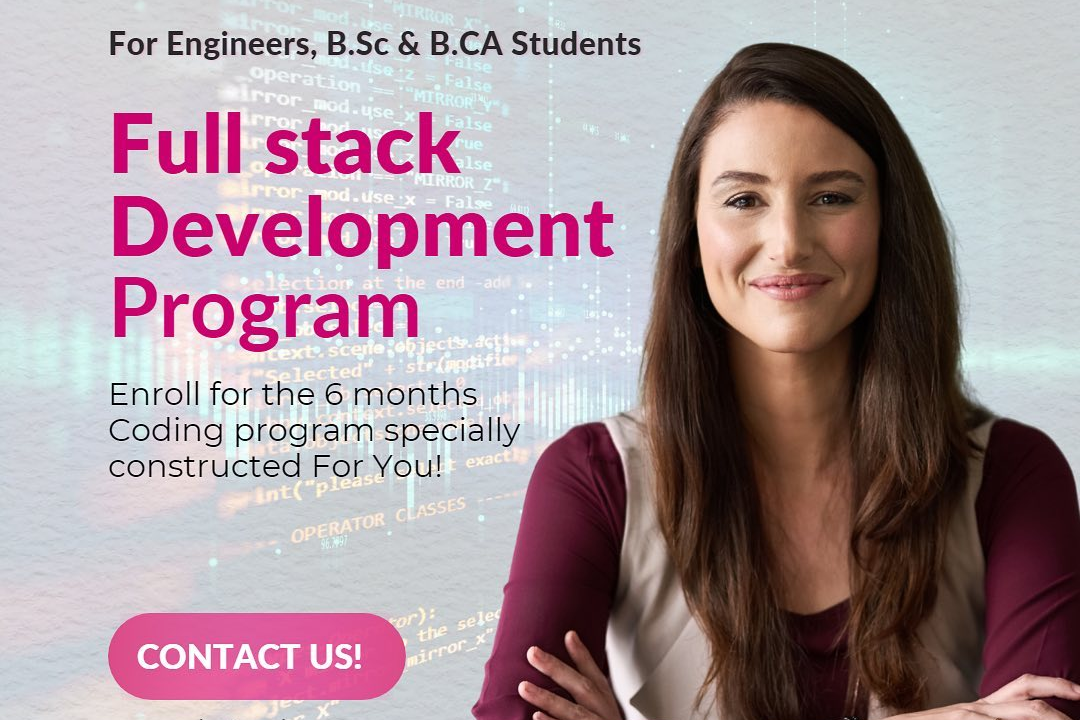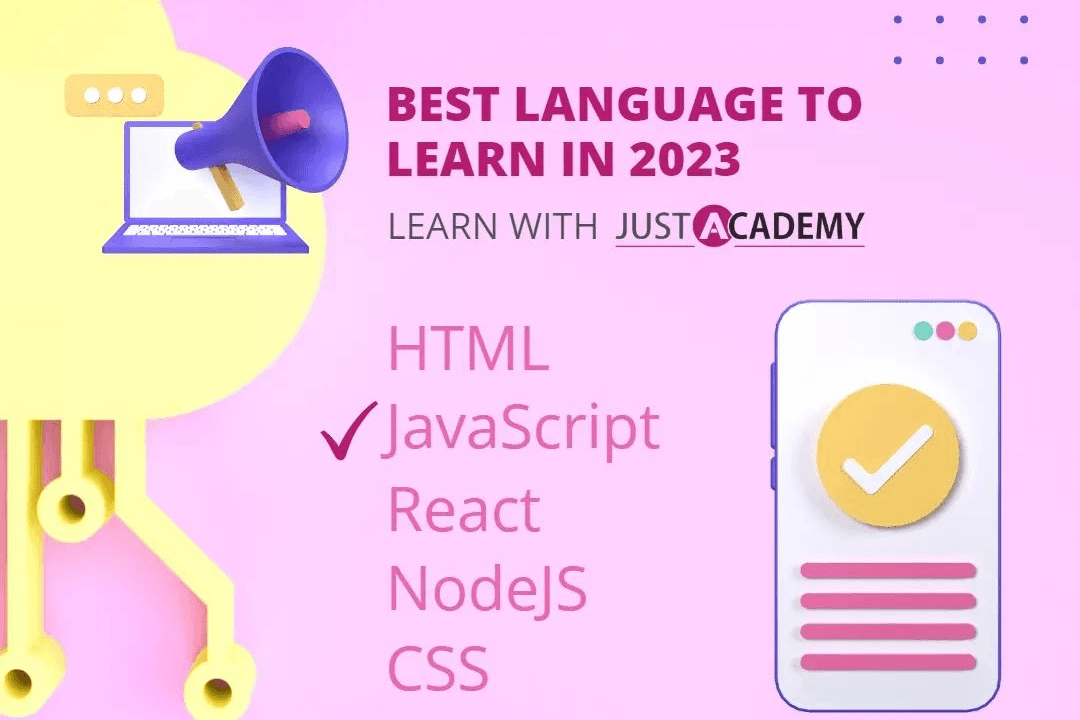Interview Questions Of React Js
Common React JS Interview Questions
Interview Questions Of React Js
Interview questions for React JS are designed to assess a candidate's knowledge of React's core concepts, such as its declarative nature, component-based architecture, and state management techniques. They also evaluate the candidate's ability to apply React in real-world scenarios, optimize performance, and troubleshoot common issues. By asking in-depth questions about React's functionalities and principles, interviewers aim to determine the candidate's proficiency in this essential JavaScript library and their capacity to contribute effectively to React-based projects.
To Download Our Brochure: https://www.justacademy.co/download-brochure-for-free
Message us for more information: +91 9987184296
1 - Explain the Virtual DOM in React.
A lightweight representation of the real DOM that React uses to optimize updates efficiently.
2) What is the purpose of the “setState” method?
Triggers a re render of the affected component when an object of updated properties is passed to it.
3) Describe the difference between “props” and “state”.
Props are immutable inputs passed down from a parent component, while state is mutable data stored within a component.
4) How do you handle asynchronous operations in React?
Using Promises, Async/Await, or the useEffect hook with an empty dependency array (for side effects on component mount).
5) Explain the role of the “useEffect” hook.
Allows for side effects like fetching data or setting up subscriptions, and is invoked on component mount, update, or unmount.
6) What are the benefits of using hooks in React?
Hooks provide a clean and concise way to manage state and side effects without the need for class components.
7) Describe the “React Router” for navigation.
A library that enables dynamic navigation between different views or components within a React application.
8) Explain the importance of “keys” for list items in React.
Keys uniquely identify each list item, allowing React to efficiently manage updates and avoid unnecessary re renders.
9) How do you debug React applications?
Use browser developer tools, React DevTools extension, error boundaries, and logging to identify and resolve issues.
10) What is the purpose of the “shouldComponentUpdate” lifecycle method?
Allows optimization by preventing unnecessary re renders when the component state or props have not changed significantly.
11 - Describe the “Redux” library for state management.
A state management pattern that maintains a centralized store for the entire application, allowing for better organization and data management.
12) Explain the concept of “higher order components” (HOCs).
Functions that accept components as their input and return enhanced versions with additional functionality or shared behavior.
13) What is the “context” API in React?
A mechanism for passing data between deeply nested components without having to explicitly pass props through each level.
14) Describe the “React Fiber” architecture.
The underlying reconciliation engine in React that optimizes rendering performance by splitting it into smaller tasks.
15) Explain the “portal” feature in React.
Allows rendering of a component into a different part of the DOM, enabling complex UI patterns like modals or overlays.
Strategies to Increase Points in Various Scenarios:
Academic:
- Study effectively: Use active learning techniques like spaced repetition, flashcards, and practice questions.
- Attend class regularly:* Pay attention, take notes, and participate in discussions.
- Meet with professors:* Seek clarification on concepts, ask questions, and demonstrate understanding.
- Join study groups:* Collaborate with peers to share ideas, review material, and support each other.
- Utilize online resources:* Explore educational websites, videos, and simulations to supplement your learning.
- Sports:
- Practice consistently:* Engage in regular training sessions to improve skills and endurance.
- Master fundamentals:* Develop a solid base in techniques, footwork, and game strategies.
- Study opponents:* Analyze their strengths, weaknesses, and potential moves.
- Work with a coach:* Seek guidance and support to identify areas for improvement and stay motivated.
- Maintain fitness:* Engage in cardiovascular exercise, strength training, and stretching to enhance performance.
- Games:
- Understand the rules:* Familiarize yourself with the mechanics, penalties, and win conditions.
- Practice repeatedly:* Play games to develop strategies, improve reflexes, and gain experience.
- Analyze opponents:* Observe their moves, predict their tactics, and adjust accordingly.
- Collaborate with teammates:* Communicate effectively, coordinate actions, and support each other.
- Stay calm under pressure:* Manage stress and focus on making calculated decisions.
- Loyalty Programs:
- Make regular purchases:* Engage with businesses that offer loyalty programs.
- Use store credit cards:* Dedicate a primary credit card to earn points on eligible expenses.
- Participate in promotions:* Take advantage of special events, bonus point offers, and referral bonuses.
- Join loyalty clubs:* Enlist in paid or free membership programs that provide exclusive perks and accelerated point accumulation.
- Partner with other businesses:* Explore partnerships between loyalty programs to maximize point earning opportunities.
- General Tips:
- Set clear goals:* Determine the number of points you aim to acquire and develop a strategy to achieve them.
- Track your progress:* Use spreadsheets or apps to monitor your points and identify areas for improvement.
- Seek out bonus opportunities:* Explore loyalty programs that offer welcome bonuses, birthday rewards, and referral incentives.
- Be patient and persistent:* Points accumulation takes time and effort. Stay dedicated to your goals and don't give up.
- Redeem wisely:* Use your points for valuable rewards that align with your interests and needs.
- Course Overview
- This interview questions of React JS course provides a comprehensive overview of the key concepts and technologies used in building web applications with React JS. It covers essential topics such as component architecture, state management, performance optimization, testing, and advanced routing techniques. Whether you're a seasoned developer or just getting started with React JS, this course will equip you with the knowledge and skills needed to excel in React JS interviews.
- Course Description
- This course provides a comprehensive overview of the most commonly asked interview questions for React JS, covering essential concepts such as component lifecycle, state management, hooks, and advanced topics. It prepares learners to confidently answer technical and behavioral questions, enabling them to ace their React JS interviews.
- Key Features
- 1 - Comprehensive Tool Coverage: Provides hands-on training with a range of industry-standard testing tools, including Selenium, JIRA, LoadRunner, and TestRail.
- 2) Practical Exercises: Features real-world exercises and case studies to apply tools in various testing scenarios.
- 3) Interactive Learning: Includes interactive sessions with industry experts for personalized feedback and guidance.
- 4) Detailed Tutorials: Offers extensive tutorials and documentation on tool functionalities and best practices.
- 5) Advanced Techniques: Covers both fundamental and advanced techniques for using testing tools effectively.
- 6) Data Visualization: Integrates tools for visualizing test metrics and results, enhancing data interpretation and decision-making.
- 7) Tool Integration: Teaches how to integrate testing tools into the software development lifecycle for streamlined workflows.
- 8) Project-Based Learning: Focuses on project-based learning to build practical skills and create a portfolio of completed tasks.
- 9) Career Support: Provides resources and support for applying learned skills to real-world job scenarios, including resume building and interview preparation.
- 10) Up-to-Date Content: Ensures that course materials reflect the latest industry standards and tool updates.
Benefits of taking our course
Functional Tools
1 - React Developer Tools: A Chrome extension that provides insights into the React component hierarchy, props, state, and performance. It allows developers to inspect the application state and make real time changes.
2) Redux DevTools: A similar extension that focuses on tracking the Redux state management system. It enables developers to visualize the changes in the store and identify potential issues.
3) Jest: A testing framework specifically designed for React applications. It allows developers to create unit and integration tests to ensure the correct functionality of the code.
4) Enzyme: A React testing utility library that provides a set of helpers for writing shallow and full rendering unit tests. It simplifies the process of creating test cases and mock objects.
5) Create React App: A tool that sets up a new React project with pre configured dependencies, such as Babel, Webpack, and Jest. It streamlines the development workflow and enables developers to start building applications quickly.
6) React Hot Loader: A tool that allows developers to make changes to their React code while the application is running. This enables rapid prototyping and reduces the time required for iteration.
- Answer questions quickly and accurately. The faster you answer questions, the more points you will earn. However, it is important to make sure that your answers are correct, as incorrect answers will result in a point deduction.
- Use your power ups wisely.* Power ups can give you a temporary advantage over other players, such as the ability to double your points for a certain amount of time. Use your power ups strategically to maximize your point earnings.
- Join a team.* Joining a team can give you access to exclusive bonuses and rewards, such as team wide point multipliers.
- Participate in challenges and tournaments.* Challenges and tournaments offer opportunities to earn bonus points and prizes.
- Invite friends to join the game.* When you invite friends to join the game, you will receive a bonus for each friend who joins.
- Be active in the game.* The more active you are in the game, the more likely you are to earn points. Log in daily, answer questions, and participate in challenges to maximize your point earnings.
Browse our course links : https://www.justacademy.co/all-courses
To Join our FREE DEMO Session: Click Here
This information is sourced from JustAcademy
Contact Info:
Roshan Chaturvedi
Message us on Whatsapp:
Email id: info@justacademy.co
Junior Vs Senior Flutter Developer Interview Questions
Interview Questions With Answers On React Native For Fresher












